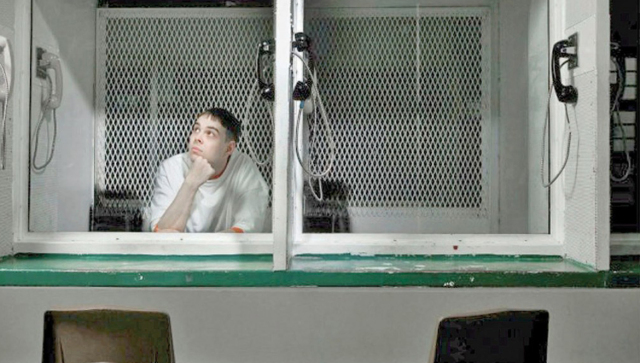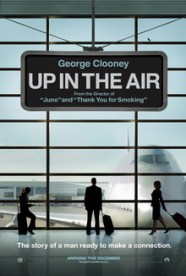 Into The Abyss explores a triple murder which occurred in the small Texas city of Conroe in 2001. Michael Perry and Jason Burkett, under the influence of alcohol and drugs, murdered a middle-aged housewife; they then gunned down her stepson and his friend. The film features conversations with the two inmates and those affected by their crime. Unlike many of the films that deal with crimes, Into The Abyss isn’t concerned with figuring out exactly what happened, but rather serves as an examination of why people – and the state – kill. (source)
Into The Abyss explores a triple murder which occurred in the small Texas city of Conroe in 2001. Michael Perry and Jason Burkett, under the influence of alcohol and drugs, murdered a middle-aged housewife; they then gunned down her stepson and his friend. The film features conversations with the two inmates and those affected by their crime. Unlike many of the films that deal with crimes, Into The Abyss isn’t concerned with figuring out exactly what happened, but rather serves as an examination of why people – and the state – kill. (source)
I love documentaries by Werner Herzog because he tends to gently wonder about the issues within his range of focus, until he zones in and strikes with a pertinent question that makes his interview subjects, and likewise his viewers, really think about the issues at hand. Into The Abyss (2011) is no different. Offering a rumination on murder and capital punishment and humanity, Herzog does his usual charismatic wondering within the framework of one specific crime; allowing his interview subjects to talk, and the audience to form their own views.
It is notable that Herzog does not focus on right or wrong, guilty or innocent, during this documentary. This is no Making a Murderer where we as the audience are expected to make a judgement call about whether Michael Perry and Jason Burkett committed the three murders they were charged with based on the evidence that is presented to us. Herzog instead chooses to focus on matters around the murders – family life, disadvantaged upbringings, what it’s like for prison workers to be involved in executing someone, what it’s like to exist when your own family members have been murdered, amongst other things. He focuses in particular on some of the failures of the system (or, society at large) which have resulted in generations of families being imprisoned. Herzog is clear from the get-go that he does not agree with the death penalty as a punishment for a crime. However, his communication of the contents of the documentary is never once preachy nor does it attempt to maneuver its audience in any political direction.

Herzog’s eye in directing and editing the film is characteristically impeccable. He uses crime scene footage very well and succeeds at making it look almost grotesquely beautiful – a house left untouched after a murder, the TV left on, balls of cookie dough on pans left out in the kitchen waiting to be baked; you can almost imagine Herzog himself wandering through the house and identifying the remains of a murder scene that would bring its victim to life. Herzog’s directorial eye along with Peter Zeitlinger’s beautiful cinematography has resulted in a film that is almost morbidly beautiful to look at. But above all, Herzog seeks to make a human experience out of the people around the crimes detailed in the documentary, and at that, he succeeds. In interviewing a man who will be dead in a mere eight days, he holds a lot of power as a documentarian. But still, we get the sense that he isn’t grilling about evidence or asking why the man committed the crime; he gently wonders about the experience around the crime.
I was really glad I chose Into The Abyss for my Blindspot series. Capital punishment does not occur in Australia, and it’s an issue on which I have always had a clear opinion. I imagine it must have been very challenging for Werner Herzog to make this documentary given his open views against the death penalty, and it must have been even more difficult to edit it in such a way that it presents its facts and ideas in a neutral manner. I already had the utmost respect for Werner Herzog based on what I had already seen from him, but this documentary enhanced that respect. This is a challenging and intense watch, but an important one.
4.5/5
Watch the trailer here.
- More





